Session Title: Control and Optimization of Urban Power Systems Integrated with Flexible Interconnection Devices
Amid the green and low-carbon transition in energy utilization, urban power systems are gradually evolving into major platforms for distributed energy resources and new types of electrical loads. With the increasing penetration of distributed energy resources such as solar and wind, the "multi-source" characteristics of urban power systems are becoming more pronounced. Moreover, the utilization of new loads such as electric vehicles is rapidly increasing in both load scale and charging power, presenting new demands on power supply. The rapid development of distributed energy resources and diversified loads has blurred the boundaries between sources and loads in urban power systems, leading to issues such as insufficient power supply capacity, deteriorated power quality, and reduced system reliability. These have posed significant challenges to traditional grid structures and operation control methods. To address the challenges, flexible interconnection devices, with their superior regulation capabilities, have gained widespread attention, driving the traditional urban power systems to gradually develop into new urban power systems characterized by multi-terminal flexible interconnection. This session aims to promote theoretical and practical studies in the control and optimization of the urban power systems so as to improve operating stability and flexibility. All original contributions covering a variety of topics related to the theme of the special issue are encouraged.
- Design and Energy Management of Flexible Interconnection Devices
- Novel Grid-following/Grid-forming Control Strategies for Flexible Interconnection Devices
- Wideband Oscillation Analysis and Stability Control of Flexible Interconnection Devices
- Advanced Distributed Energy Resources/ Load Forecasting Techniques for Urban Power Systems
- Modeling and Optimization Technologies for Urban Power Systems
- Energy Storage in Urban Power Systems for Effective Operation
- Practical Studies and Applications of Integrated Flexible Devices for Urban Power Systems.
List of topics of interest include, but are not limited to:
Special Session Chairs
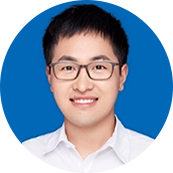
Liang Yuan
Central South University, China
Liang Yuan(M’16) received the B.Eng. degree from Nanjing University of Science and Technology in 2016 and the Ph.D. degree from the University of New South Wales in 2020. From 2018 to 2020, he was a part-time Research Associate with the University of New South Wales. He is currently with the School of Automation, Central South University. His research interests include stability assessment of power systems with high penetration of renewables and power electronics and integrated energy system.
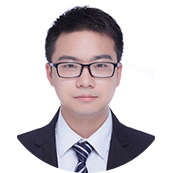
Yonglu Liu
Central South University, China
Yonglu Liu (Member, IEEE) was born inChongqing, China, in 1989. He received the B.S.,M.S., and Ph.D. degrees in electrical engineering from Central South University, Changsha, China, in 2012, 2015, and 2017, respectively. He is currently a Professor with the School of Automation, Central South University. His research interests include power electronics and renewable energy power conversion systems.
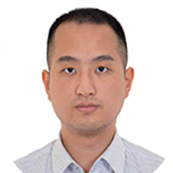
Minghao Wang
University of Macau, China
Minghao WANG (SM’21) received the Bachelor of Engineering from The Huazhong University of Science and Technology in 2012 and Doctor of Philosophy from The University of Hong Kong in 2017 respectively. He is currently an assistant professor with the State Key Laboratory of Internet of Things for Smart City, University of Macau. His research interests include power electronics, smart grids and A-IoT applications.
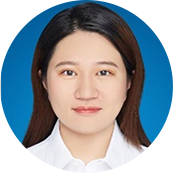
Jingjie Huang
Changsha University of Science and Technology, China
Jingjie Huang(M’14) received the MSc. degree from Changsha University of Science and Technology in 2016 and the Ph.D. degree from the University of New South Wales in 2020. She is currently with the School of Electrical and Information Engineering, Changsha University of Science and Technology. Her research interests include planning and operation of integrated energy system.
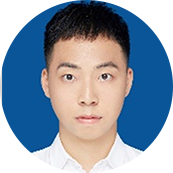
Junyu Chen
The Hong Kong Polytechnic University, China
Junyu Chen (M’22) received the B.S. degree in electrical engineering from the Chengdu University of Technology, Chengdu, China, in 2017, and the Ph.D. degree from Southwest Jiaotong University, Chengdu, China, in 2022. He is currently a Postdoctoral Fellow with the Department of Electrical and Electronic Engineering, The Hong Kong Polytechnic University, Hong Kong SAR, China. His research interests include energy management, advanced control, and optimal operation of power electronics system in power system, microgrid, and electrified transportation systems.